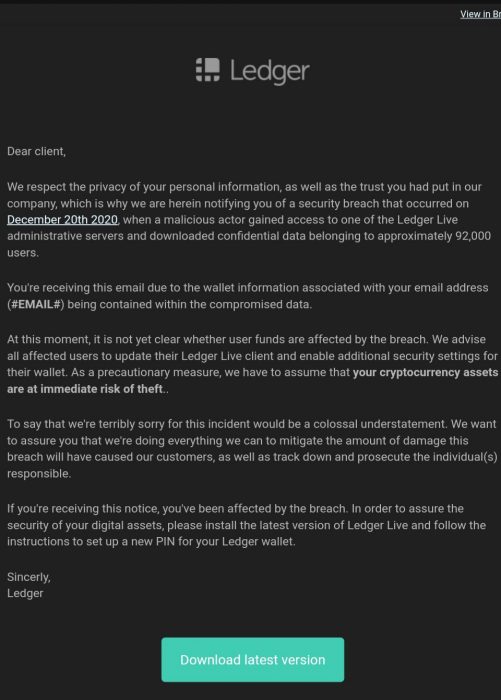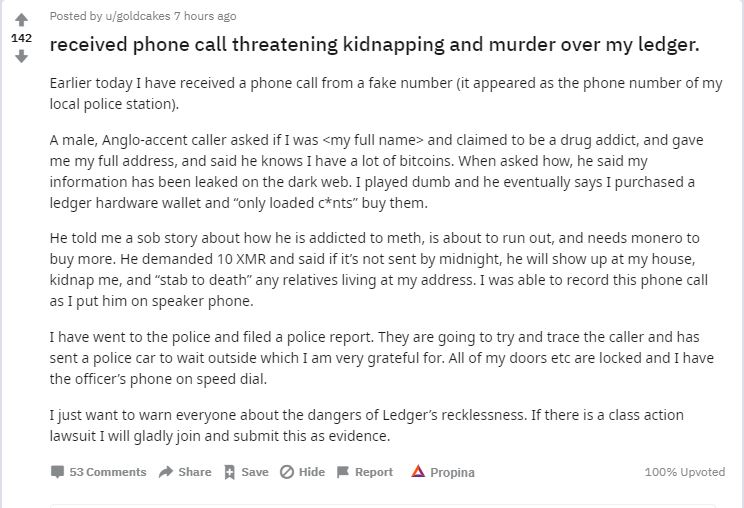A man who – according to police sources – is the head of a profitable multi-million dollar crime syndicate focusing on money laundering has been arrested in Sydney’s inner west area.
His car allegedly contained $1 million in cash when he was stopped by police.
Under Supervision For Months
Police sources have stated they were on the man’s trail since October 2020.
The man arrested – a 30-year-old by the name of Yi Zhong – was stopped by police at around 5:30 AM on Monday and taken to Auburn police station.
The police reportedly found and seized 2 bags containing $1 million in cash – and then proceeded to search a home, presumably his, in Wentworth Point. Over a kilo of methylamphetamine, cocaine, a laptop, several hard drives, and USB sticks, as well as mobile phones, were seized to help in the investigation.
In a press statement, the police stated that they will be pressing charges against the man, accusing him of multiple crimes – chief among them being the direction of a criminal syndicate that laundered a total of $5,479,300 into bitcoin following his orders.
“Police will allege in court the man directed a criminal syndicate to launder money by converting cash into bitcoin on his behalf, totalling $5,479,300.”
In total, Mr. Zhong will be charged with 24 offences – out of which 19 are for “knowingly dealing with the proceeds of crime, knowingly directing activities of a criminal group and drug-related offences.” He is due to appear in court on the 19th of April and has already been denied bail.
Detective Superintendent Matt Craft stated that the gang seemed to have operated as money-launderers-for-hire – and that a series of consequent arrests are probably on the horizon.













